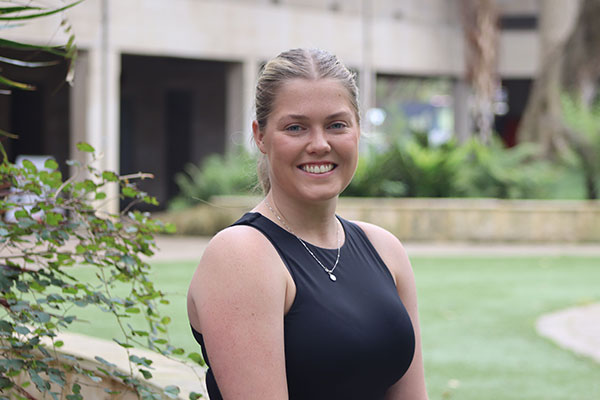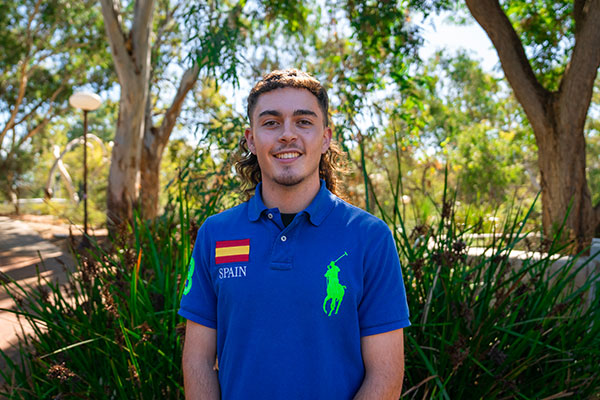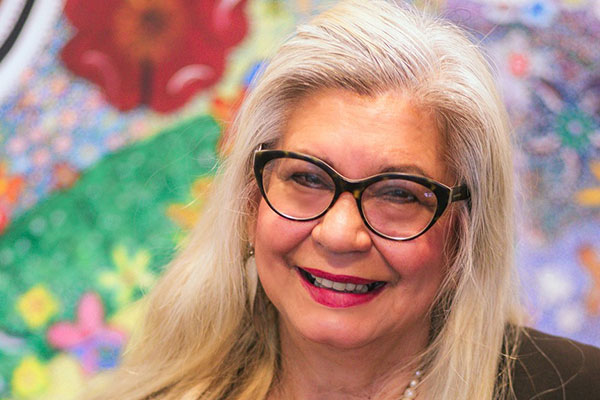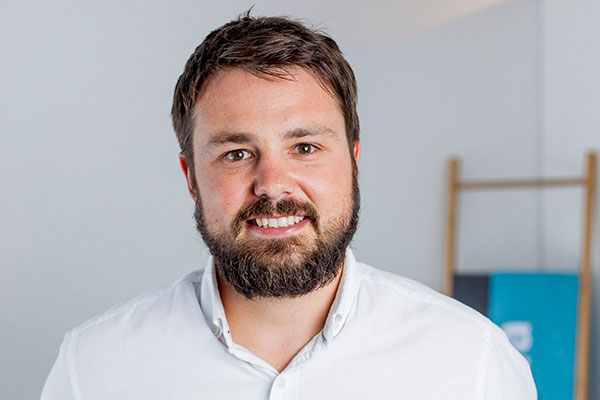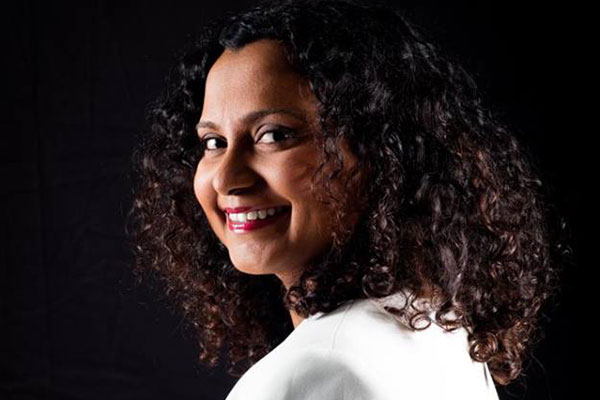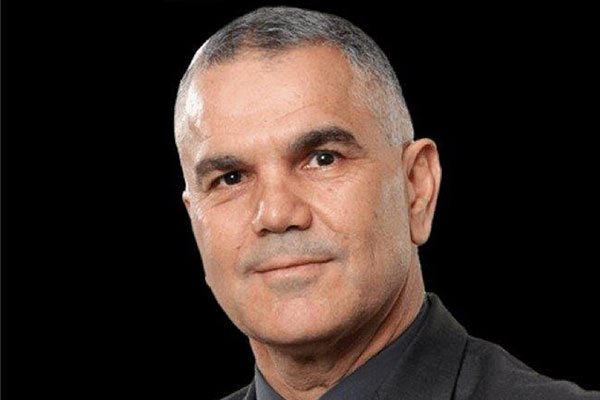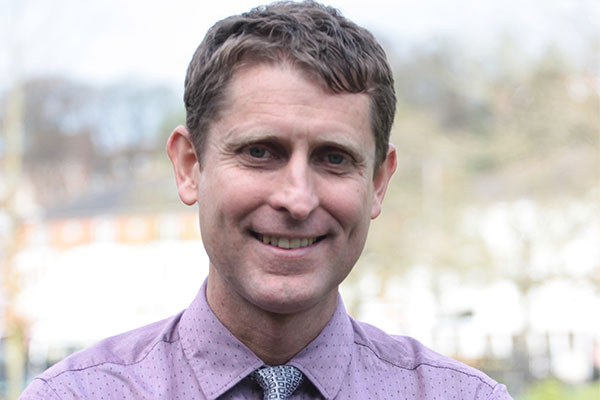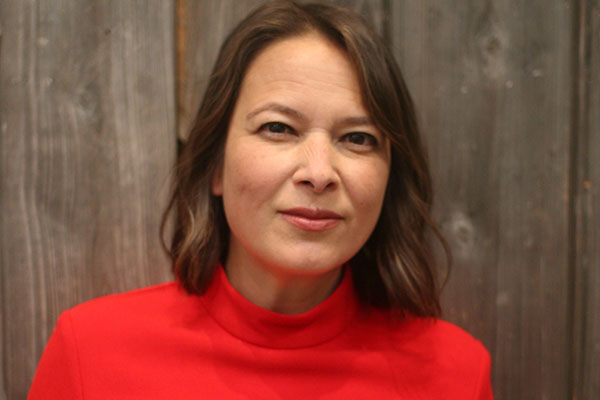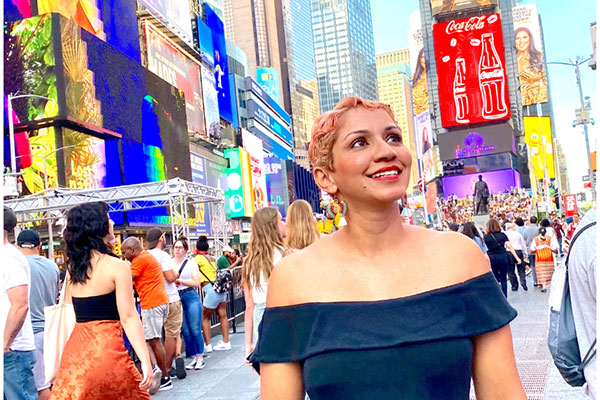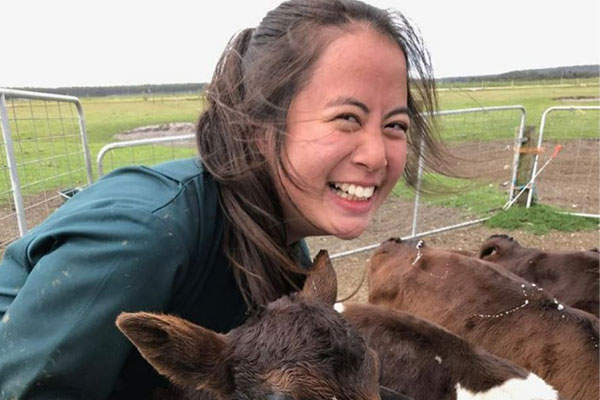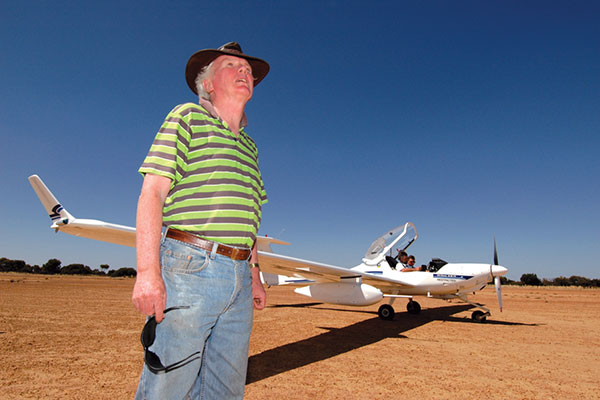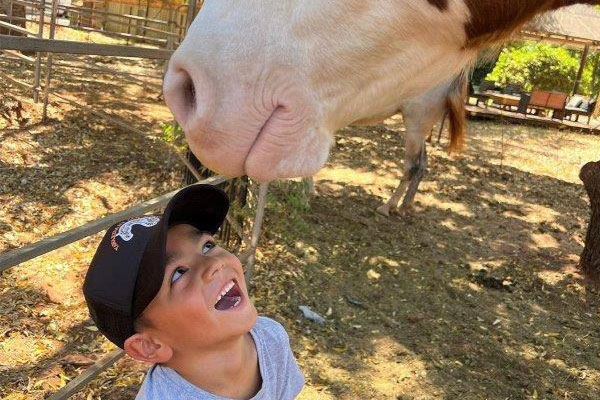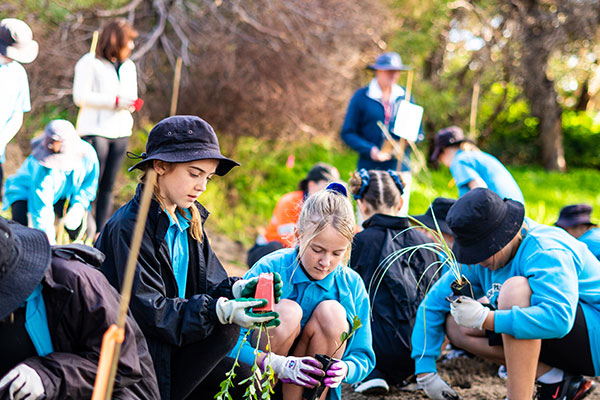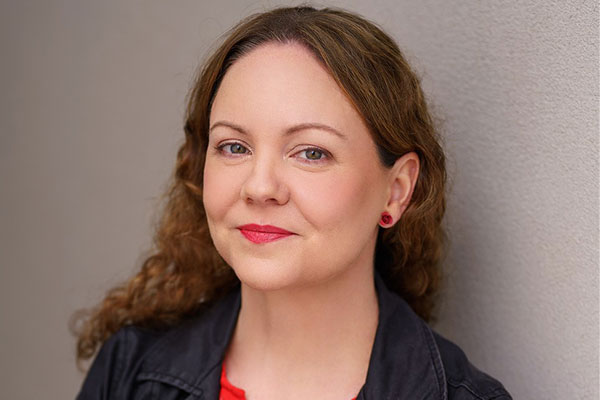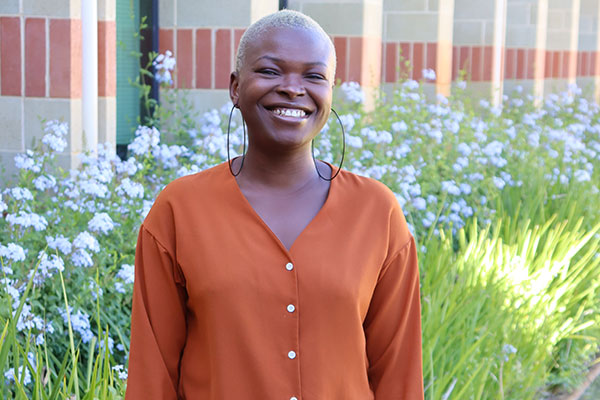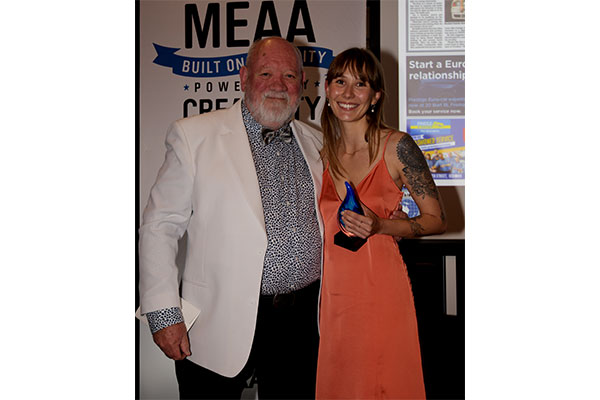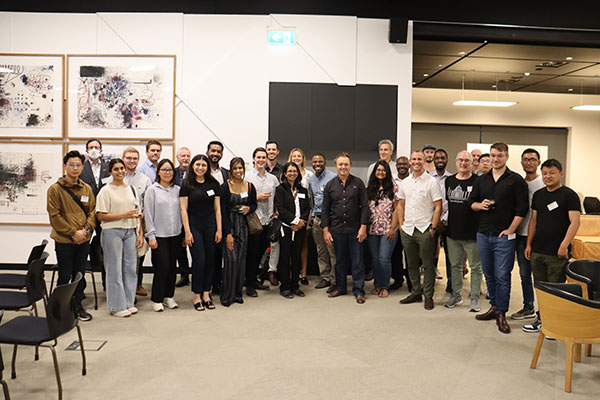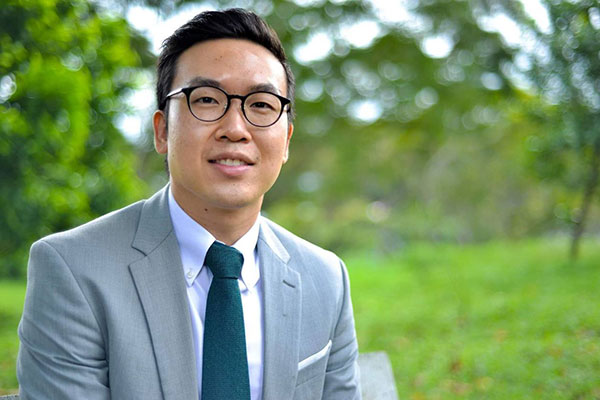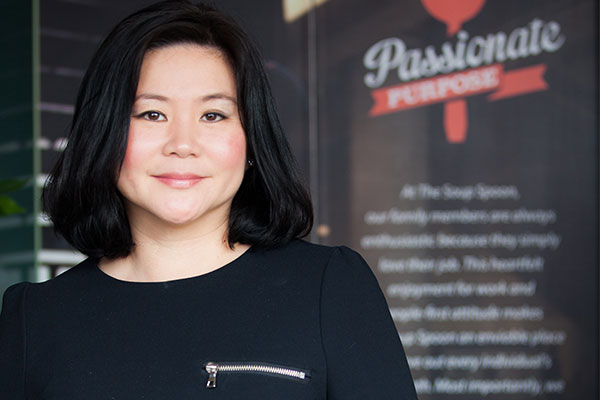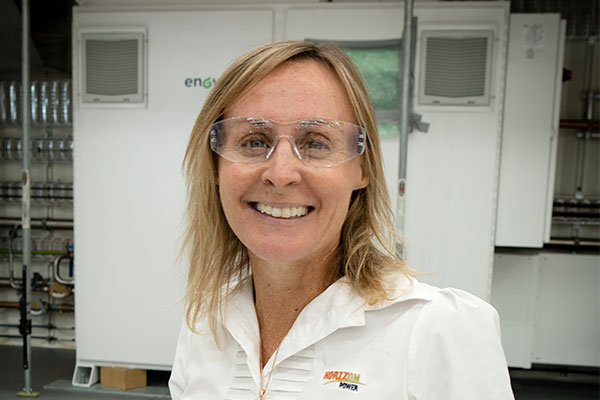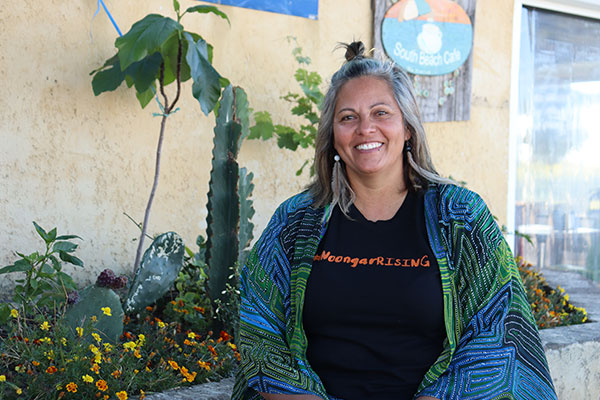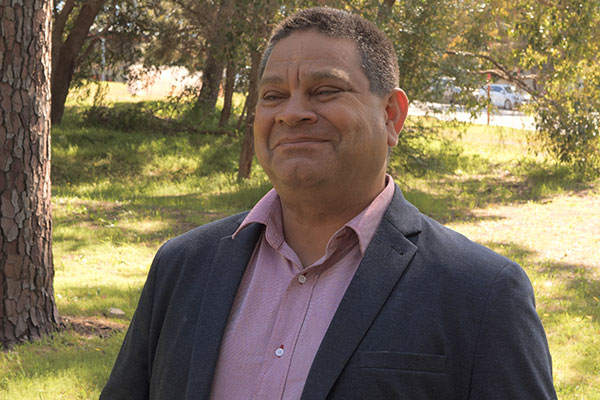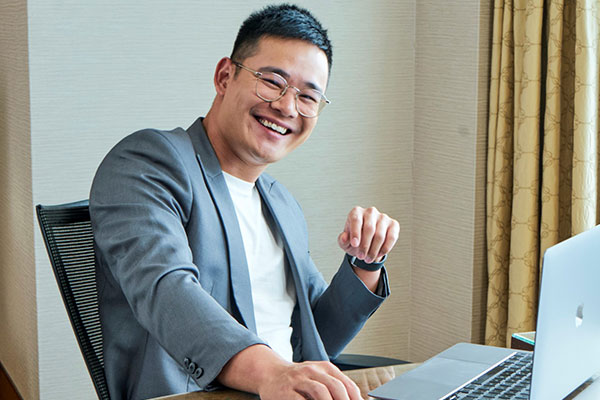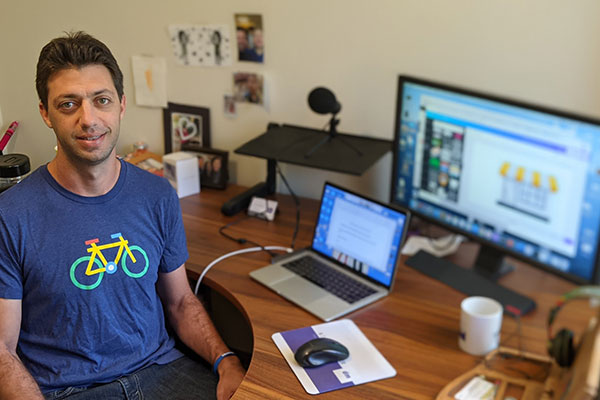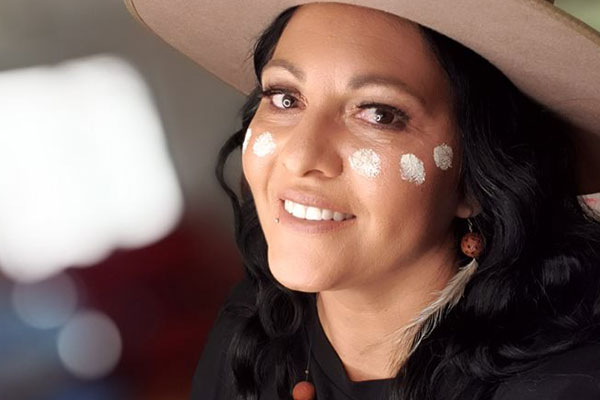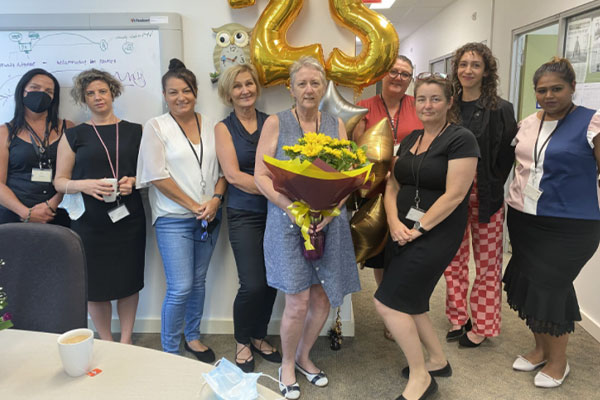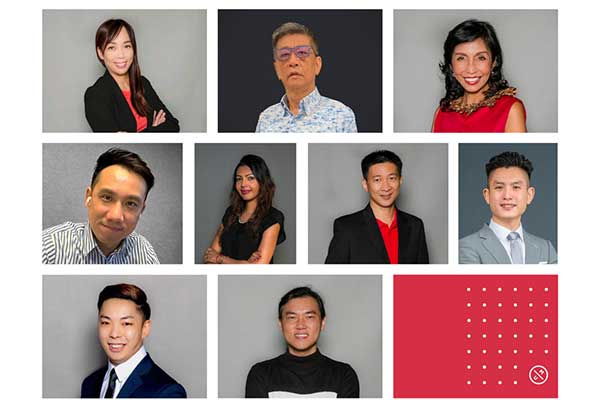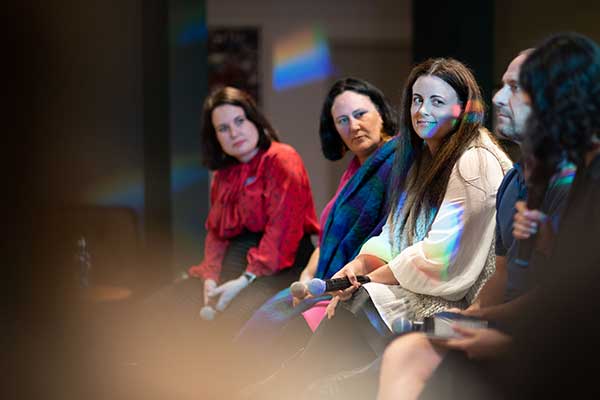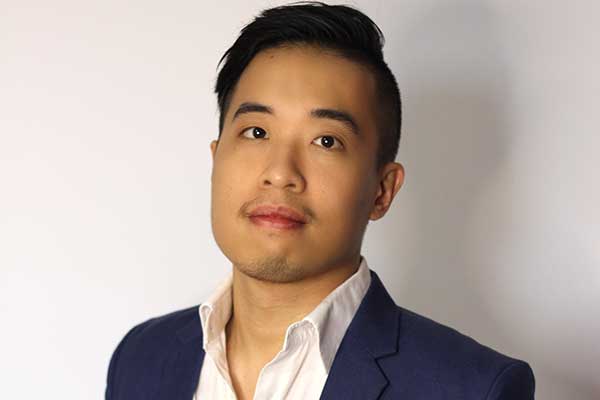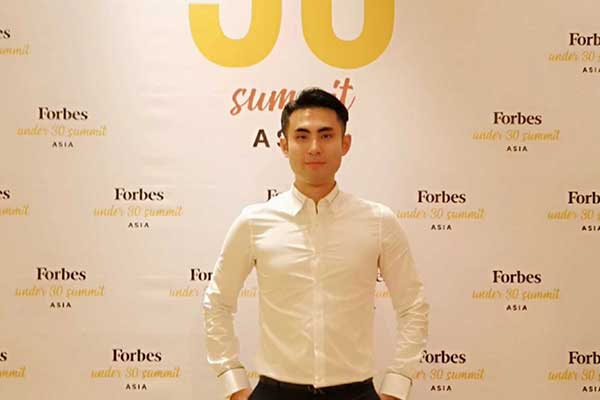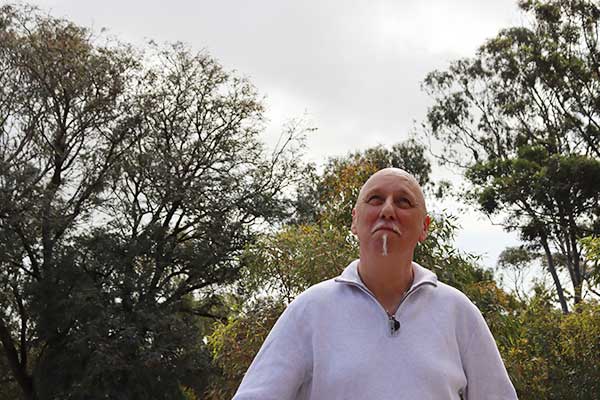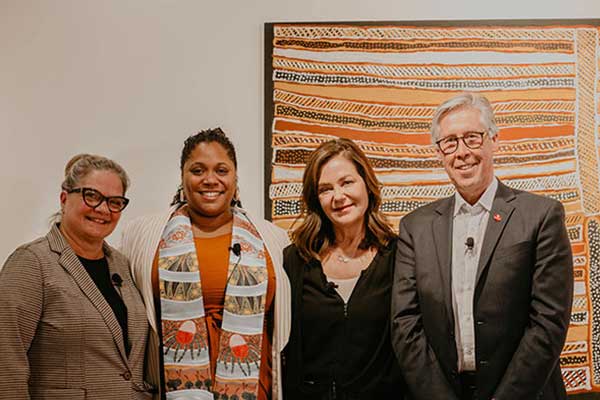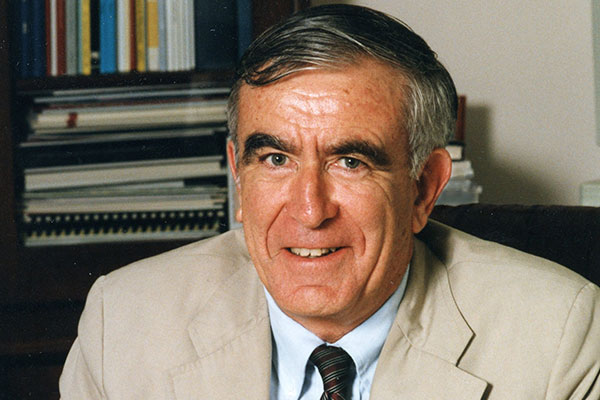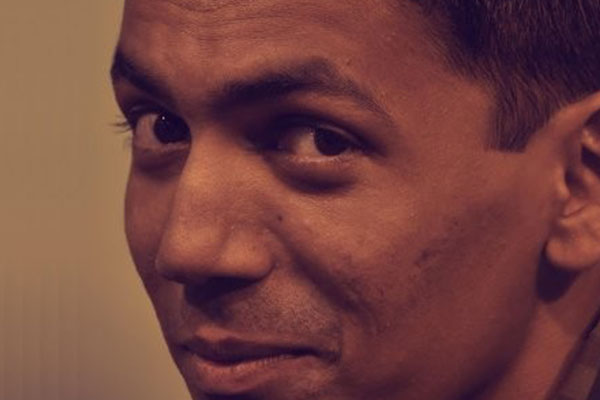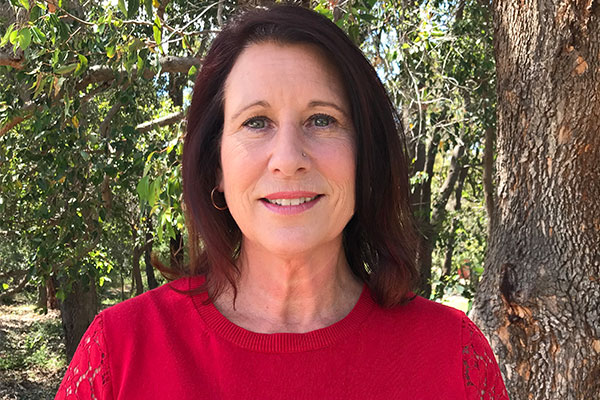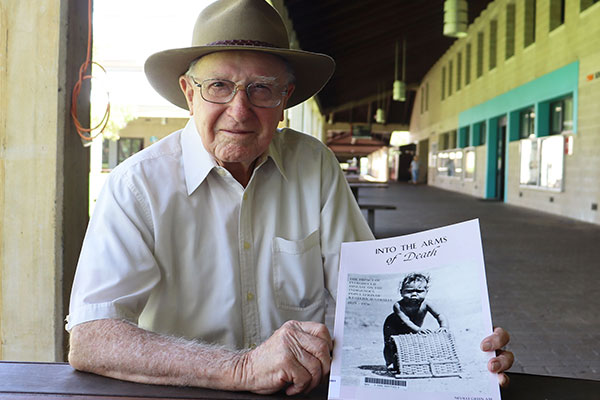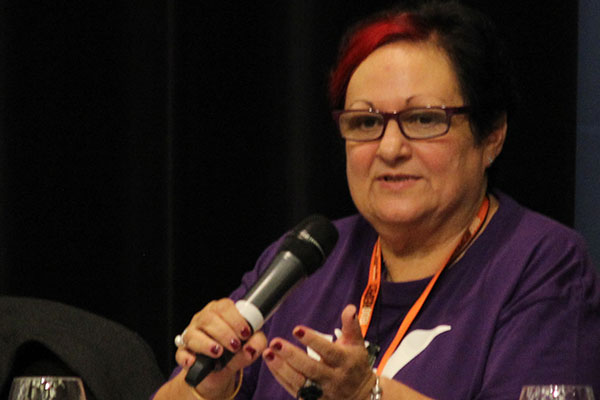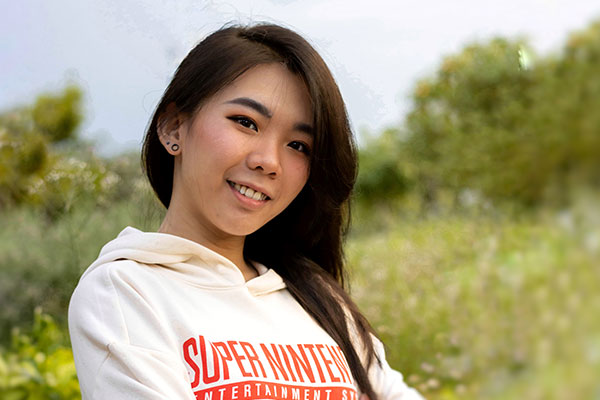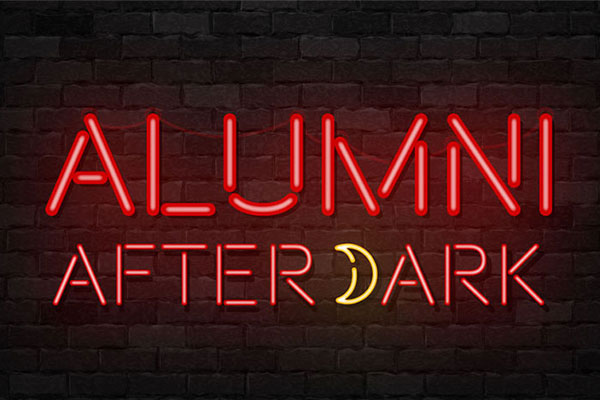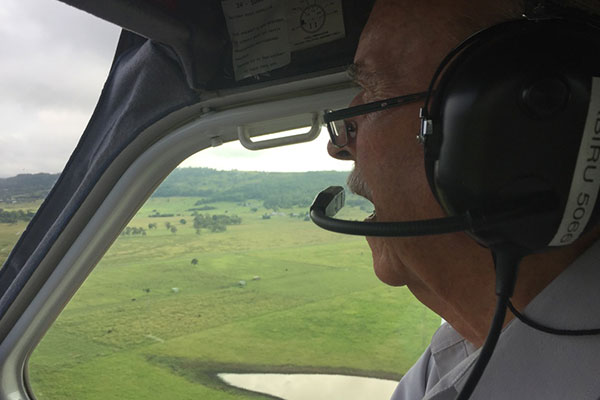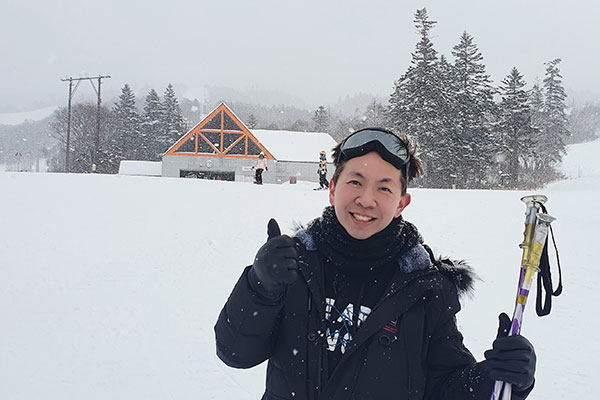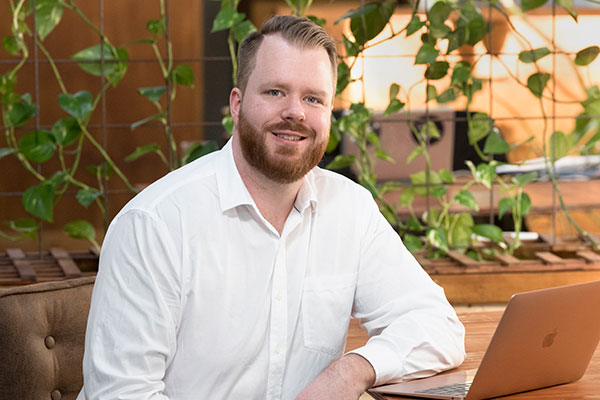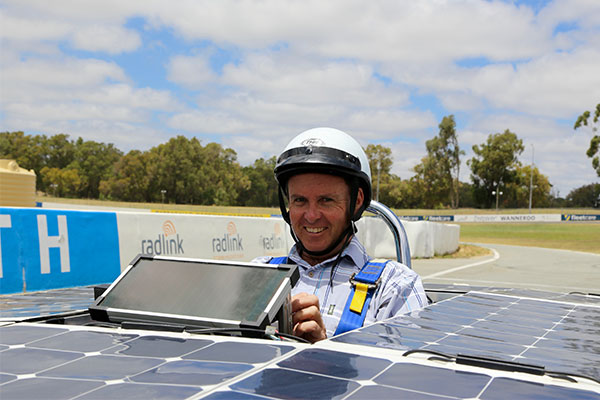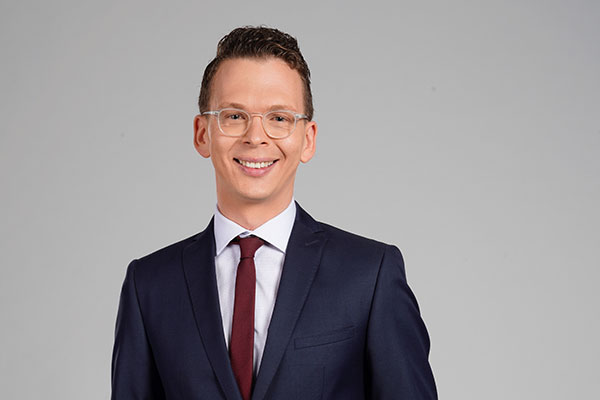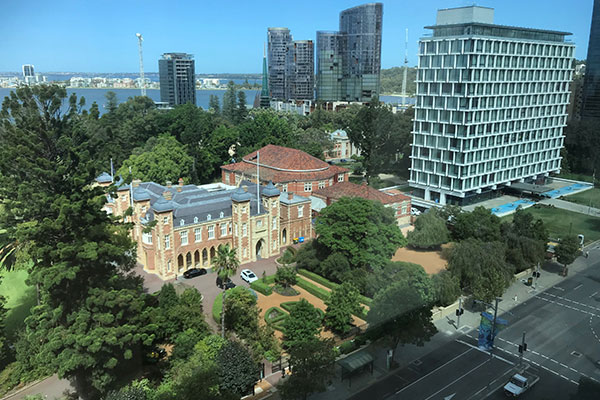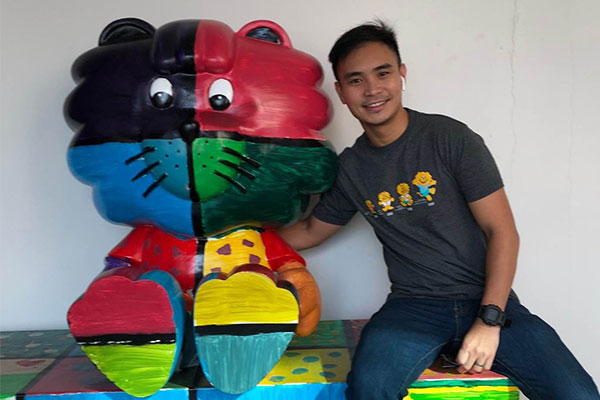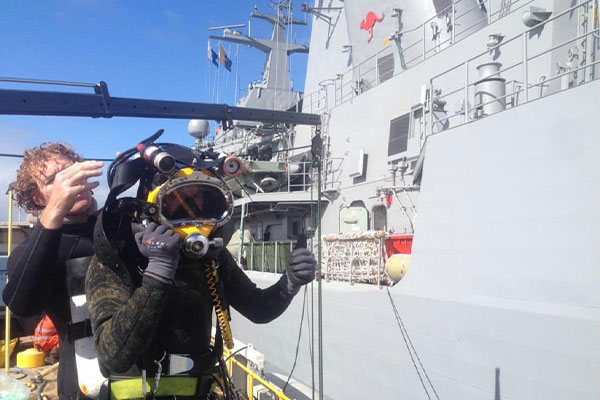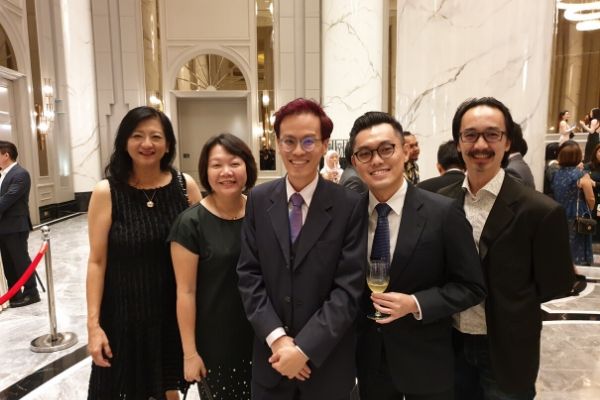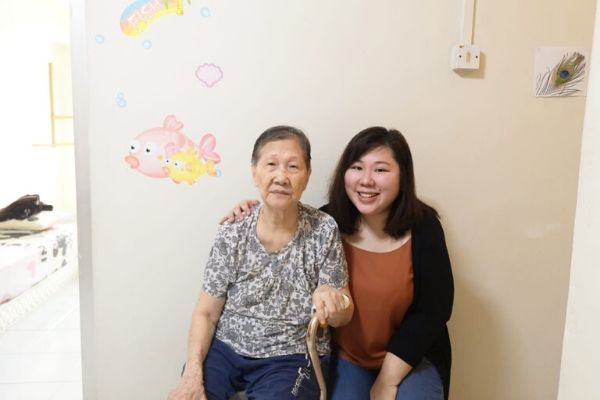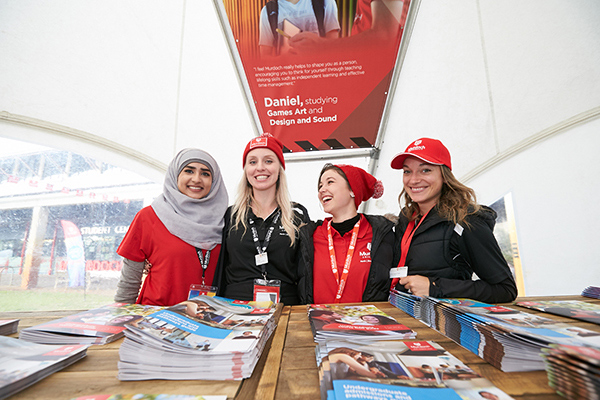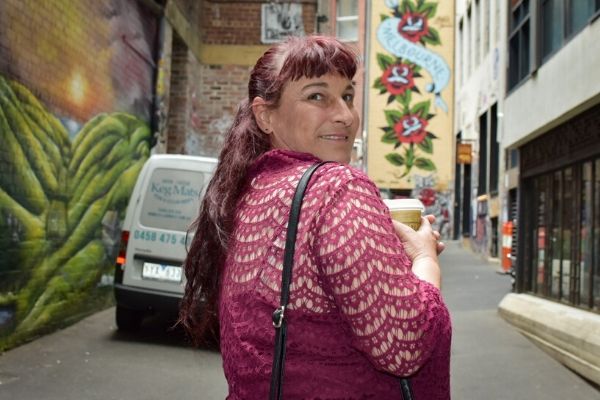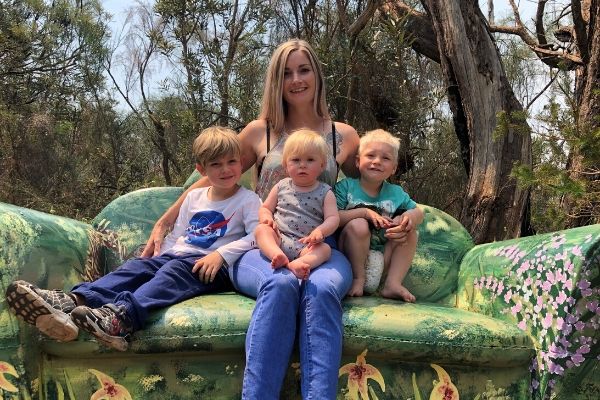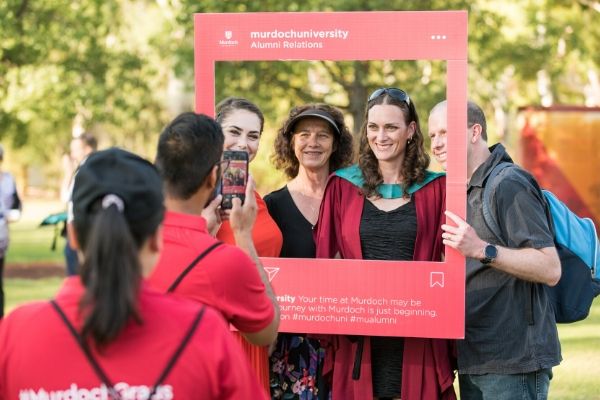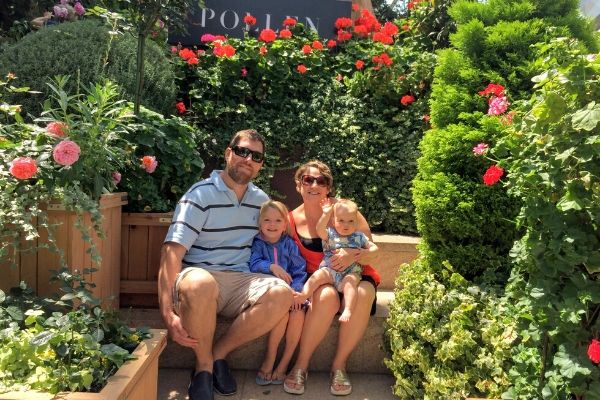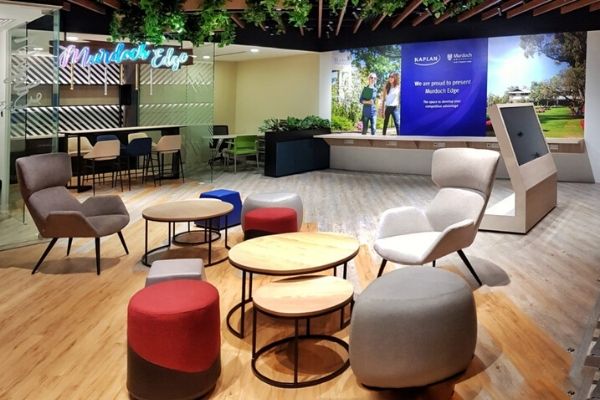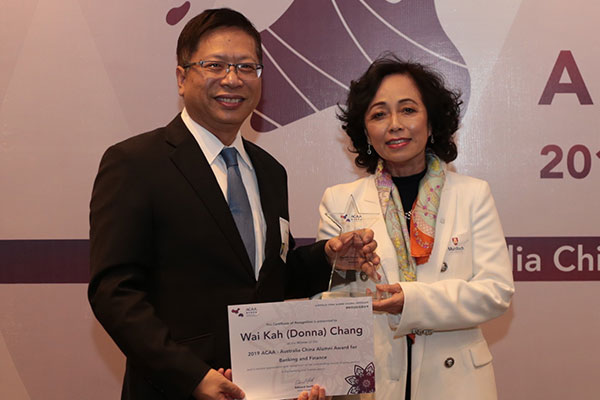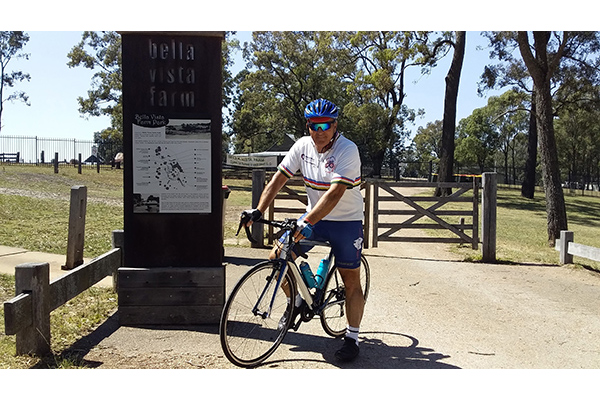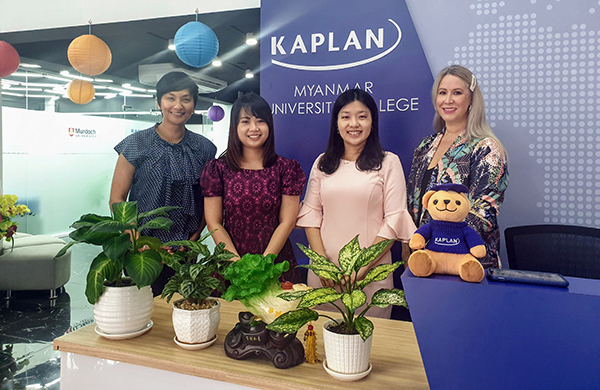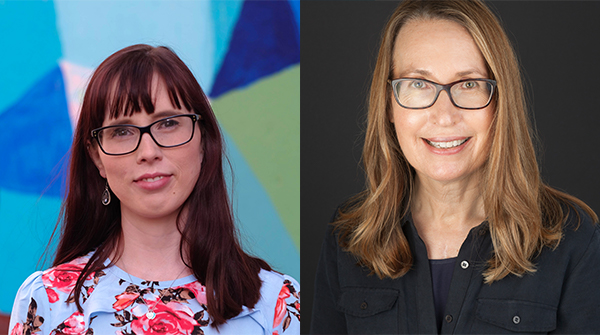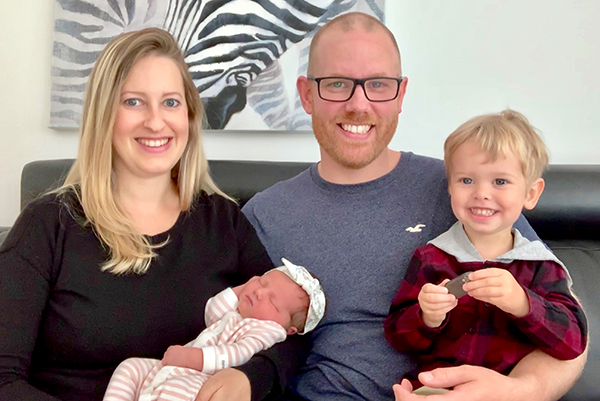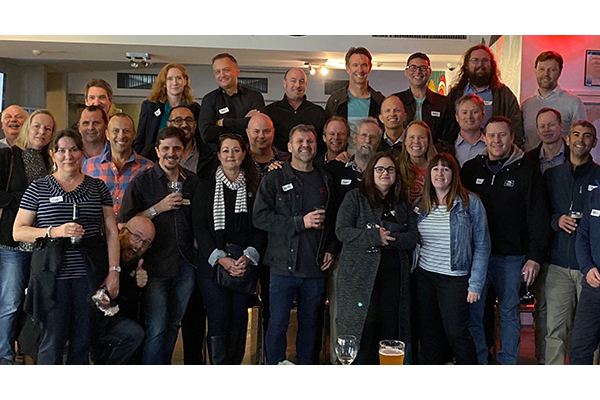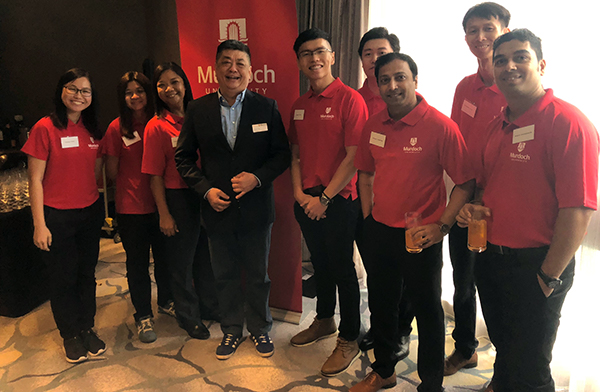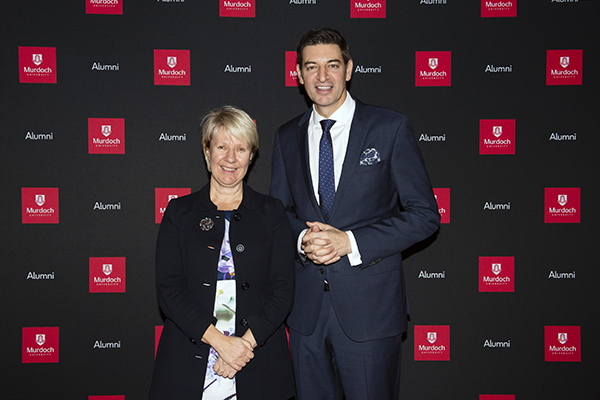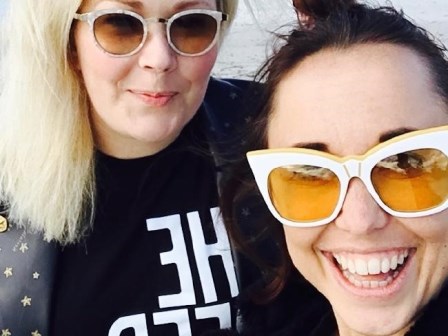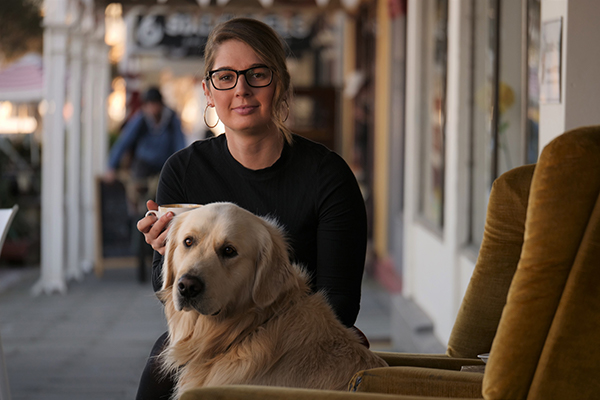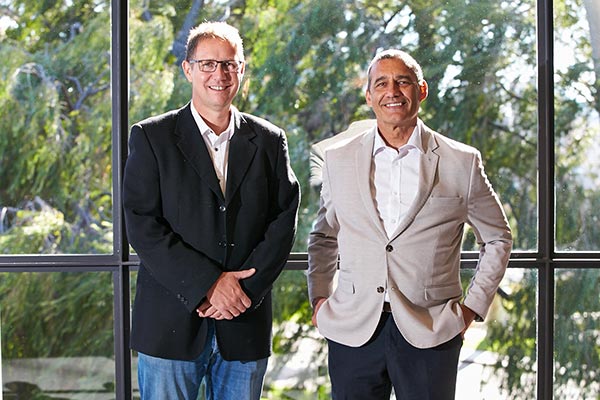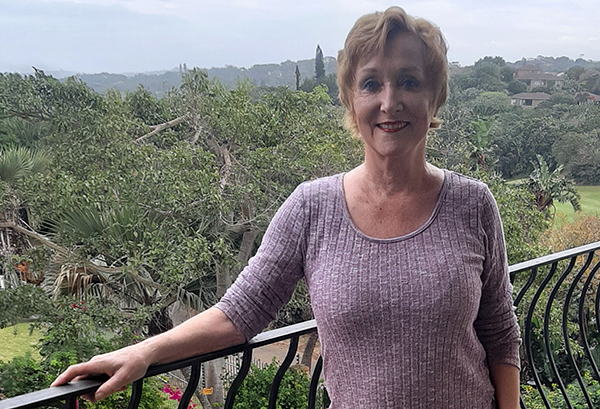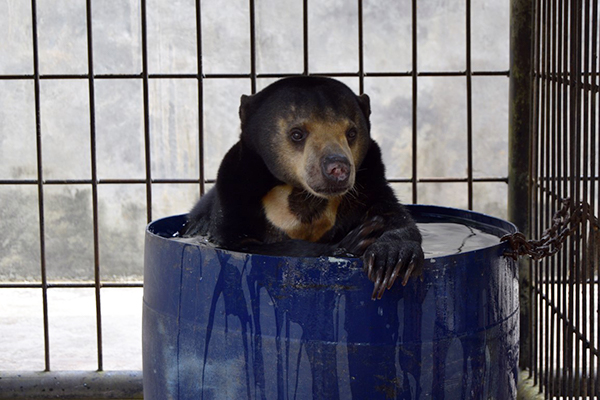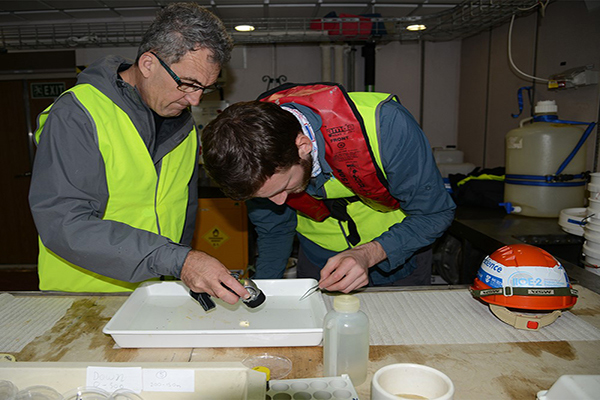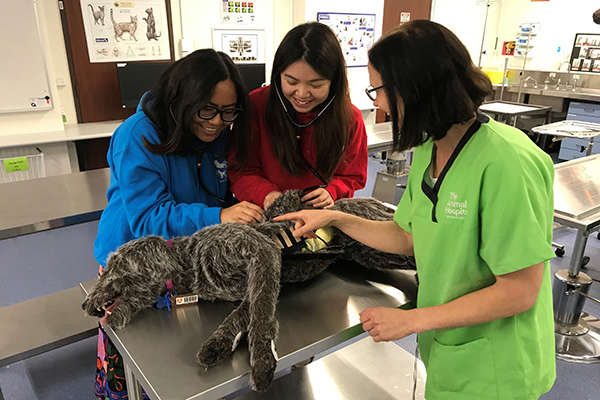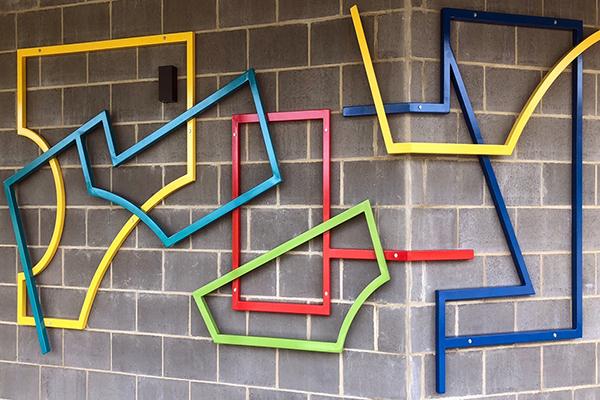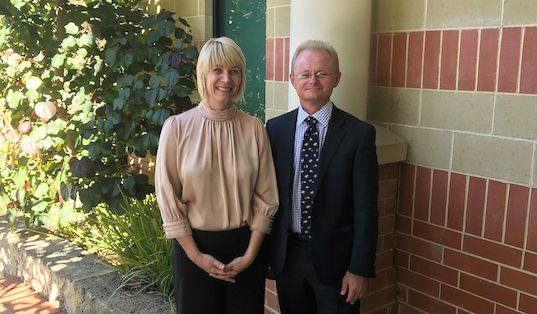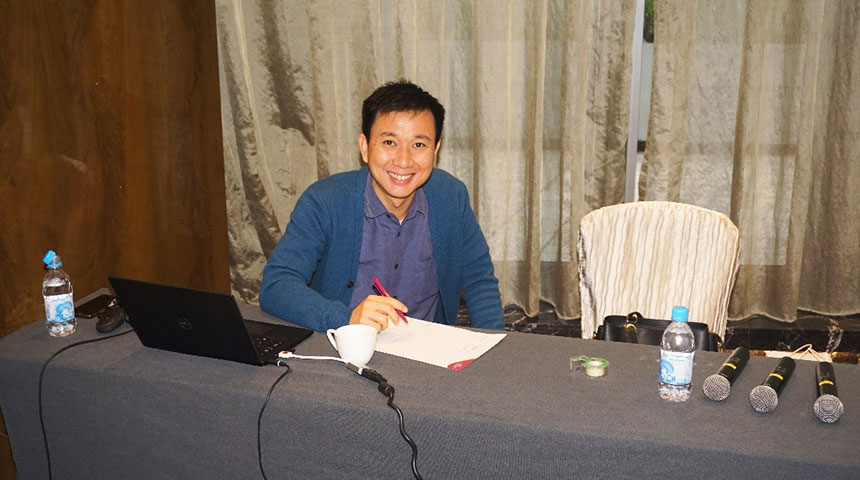
Singapore-based alumnus Joey Ng recently made a career shift moving from learning and development into talent management.
What did you study at Murdoch? What do you do now?
I did my bachelor's degree (HR and Marketing Management) with Murdoch in 2006 and an MBA in 2016. I'm currently working as the DEIB and Culture & Learning Manager APAC for Yondr Group and have been in the Learning and Development space throughout my career.
What motivates you at work, especially while working on your career progression over the years?
I get my energy from trying new things and I'm always thinking about how things can be improved and what gaps need filling. I apply this spirit of continuous improvement inwards as well. I try to attend at least one course per year to upgrade myself. I also try to think at the next level (How will my bosses analyse the situation?) to stretch my imagination and develop my thinking skills.
What drew you to working in this role in talent management?
I've always enjoyed working with people and leading others comes very naturally to me. I was working part-time at Starbucks during my teens and rose through the ranks very quickly and became a part-time shift manager at age 20-21. I was promoted not because I was good at making coffee, but mainly because I can work well with people and manage a group.
My dream job growing up was definitely not in the HR space, but I found the trainer's role best fitted my personality and preferences, and that is how I started my career as an Adventure Learning Facilitator. Over time, my role evolved from just delivering training to Learning and Development management. I realised that I could help others more effectively and deliver more tangible benefits by going beyond L&D, and that was how my role changed over the last five years from L&D into talent management. I still have a strong passion for what I do because I get a lot of fulfilment from helping people grow.
What have been some of the big changes in your line of work given COVID-19?
The acceleration of engaging employee online. By that, I mean almost every opportunity that can be used to develop relationship through interaction, such as new hire onboarding, performance appraisal meetings and training. There was an upward trend pre-Covid, but the pandemic has greatly increased the adoption. While this has greatly increased efficiency, it has also affected the quality of relationships because the level of engagement for online interaction can never match in-person interaction.
How do you see the learning and development transforming in the next five years?
More companies will embark on the journey of finding a balanced mix of online and offline learning, but the equilibrium will be different not just between organisations, but between departments as well. Companies that do the most offline training will look to move some of the training online to gain efficiency, and those that do more online training will look to have more offline training to build engagement. I say it’s a 'journey' because it's difficult to put a number around the equilibrium. Some companies may come to a sweet spot, but it’s usually a ratio that acts more like a guideline than a rule. And the equilibrium will change from time to time, as expectations and preferences change.
What is the best piece of advice you’ve received?
HR’s role is not to make people happy, but to make people committed. This advice shaped the way I look at my work. It's easy to make people happy - increase pay, fancy pantry, reduced working hours etc. However, that may not result in committed employees. By commitment, I do not mean loyal workers who stay because the benefits are good and/or they could not get a matching salary package outside. I mean employees who are committed to the vision and mission of the company, ones that are willing to put in the extra effort because there is a strong sense of purpose. We need workers to be happy, that is the foundation, but as HR, building commitment is the primary goal.
Who inspires you?
My parents. I did not come from a well-to-do family, but both my parents worked hard to make sure that the family can live comfortably, and that my sister and I have the means to pursue higher education. They are both thrifty and have very strong work ethics, and these two values rubbed off on me. The latter has served me well professionally, because it instilled in me the drive to get things done and inculcate a results-oriented mindset. Often, I will think about my parents’ work ethics (both are still working) when I need motivation.
